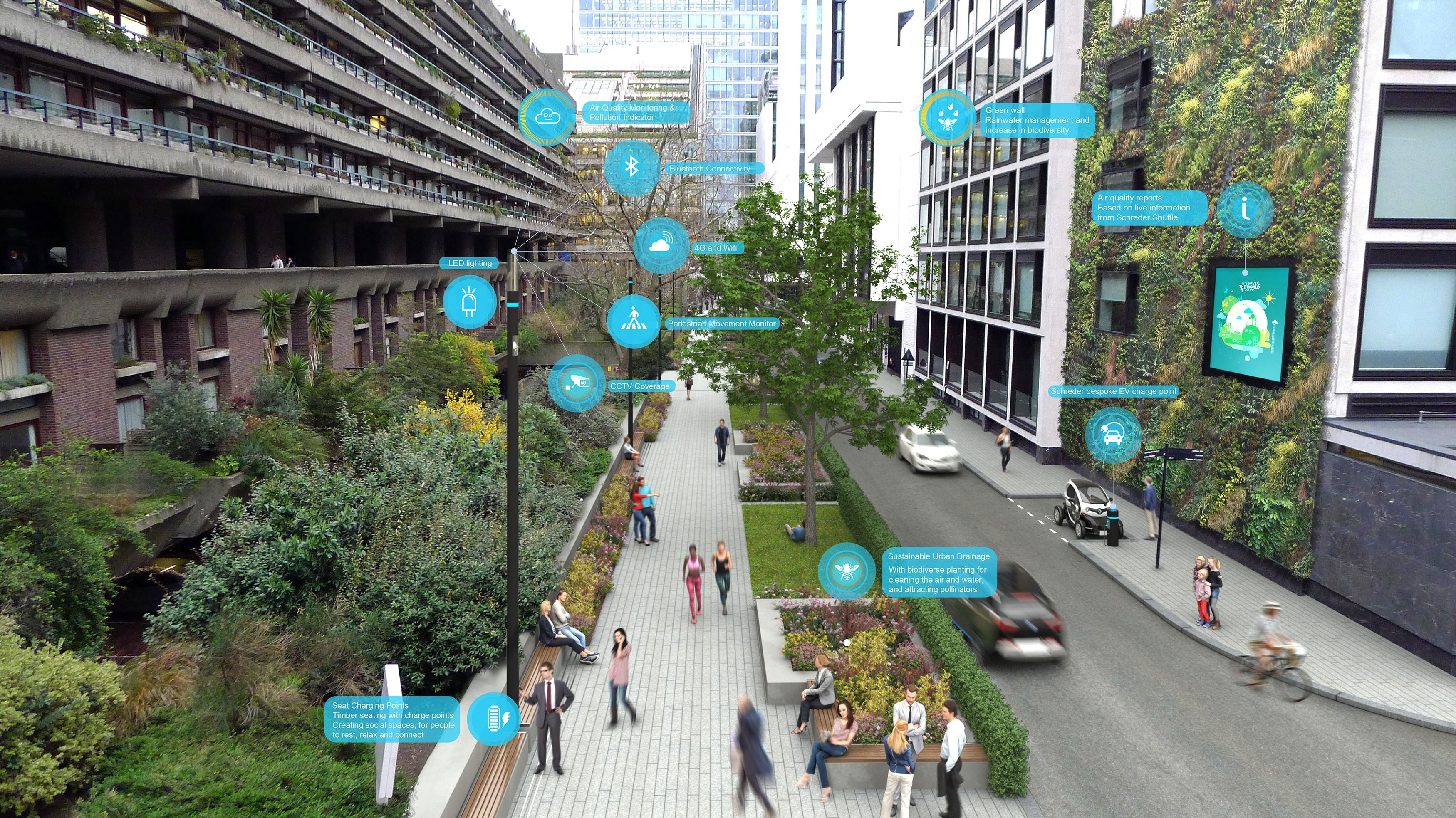

I did it because I believed it and I loved it. He explained, “Our job is to be good neighbors to take care of the land, to deal with issues that are affecting you as well as protecting that land.” Sango took this charge to heart. Going the extra mile and giving a personal touch, he explained, was the best a way to work with neighbors. I think by the time I left 2013 we won that one too.” “Even the 2000s when we went to the Coastside, it was like, here we go again. It was endless in the 80s and 90s, he explained. “Everywhere we went, we had to win them over. One of the key components of Sango’s job was to make contact and develop relationships with neighbors and work with them to create solutions showing the value of Midpen. We needed to know our surroundings intimately so that we could operate safely when making contacts, especially after dark.” “It requires the development of what I call a '6th Sense’ due to the nature of the job requiring rangers to work alone at all times of the day, in remote places, with long response backup. “We called it the Wild West,” Sango explained as he recounted stories of being greeted by the “one-finger salute.” As a new agency with new lands, neighbors were often resistant to the agency. However, being one of the original rangers for Midpen, didn’t come without its challenges. “I committed to spending my career –almost 34 years– to the growth and protection of District Lands in the Santa Cruz Mountains.”

“I realized that I had hit the jackpot and this was a perfect fit and I never left,” he said. “It just drew me in.” While working as a radio dispatch for the Aptos Fire District, he came across a job ad in the Santa Cruz Sentinel for a ranger at a small agency he wasn’t familiar with. “There was something magnetic ,” he explained. In its response to a recent consultation, Protecting consumers in the letting and managing agent market, the Government decided to set up a working group that would ‘consider how fees should be presented for consumers (including prospective consumers) and explore the best means to challenge fees which are unjustified.’ As a consequence the working group will look to ensure that any charges faced by freeholders or leaseholders are justified, fair and transparent.Ī requirement on local authorities to adopt public open spaces on private estates would constitute a significant new burden and arrangements already exist to provide for upkeep in a way that can be tailored to the nature of individual developments.At age 17, he discovered his love of the mountains and set his sights on becoming a ranger. Local authorities are already required to maintain a list of roads within their areas that are maintainable at public expense. The Government believes that it should be clear to potential purchasers what the arrangements are for the maintenance of roads and upkeep of open space-public or otherwise. The provision and maintenance of public open space by a developer on a voluntary basis is a matter for it and its customers. It is also possible for the freeholder of a public open space to pass ownership, in trust, to a local authority. It is up to developers and local planning authorities to agree appropriate funding arrangements for those developments where public open space is a planning condition. Further information on the adoption process can be found at ĭevelopers of new estates may voluntarily provide open spaces for residents or be required, as a planning condition, to include public open spaces and make provision for its future upkeep. Local highway authorities may also be required to adopt roads providing they have been built to the prescribed standard. However, the decision to adopt remains with the local highway authority and not all developers ask for their roads to be adopted. The road would then be adopted as long as it was constructed to the prescribed standard. Generally, when a developer seeks to have a road on a development adopted by a local highway authority, and therefore maintained at public expense, both parties would seek to enter into a voluntary agreement (known as a section 38 agreement) before the road is built.

A decision on whether to adopt a road is a matter for the local authority and the Government has no direct role in this process. Local highway authorities are responsible for the maintenance of local public roads in England.


 0 kommentar(er)
0 kommentar(er)
